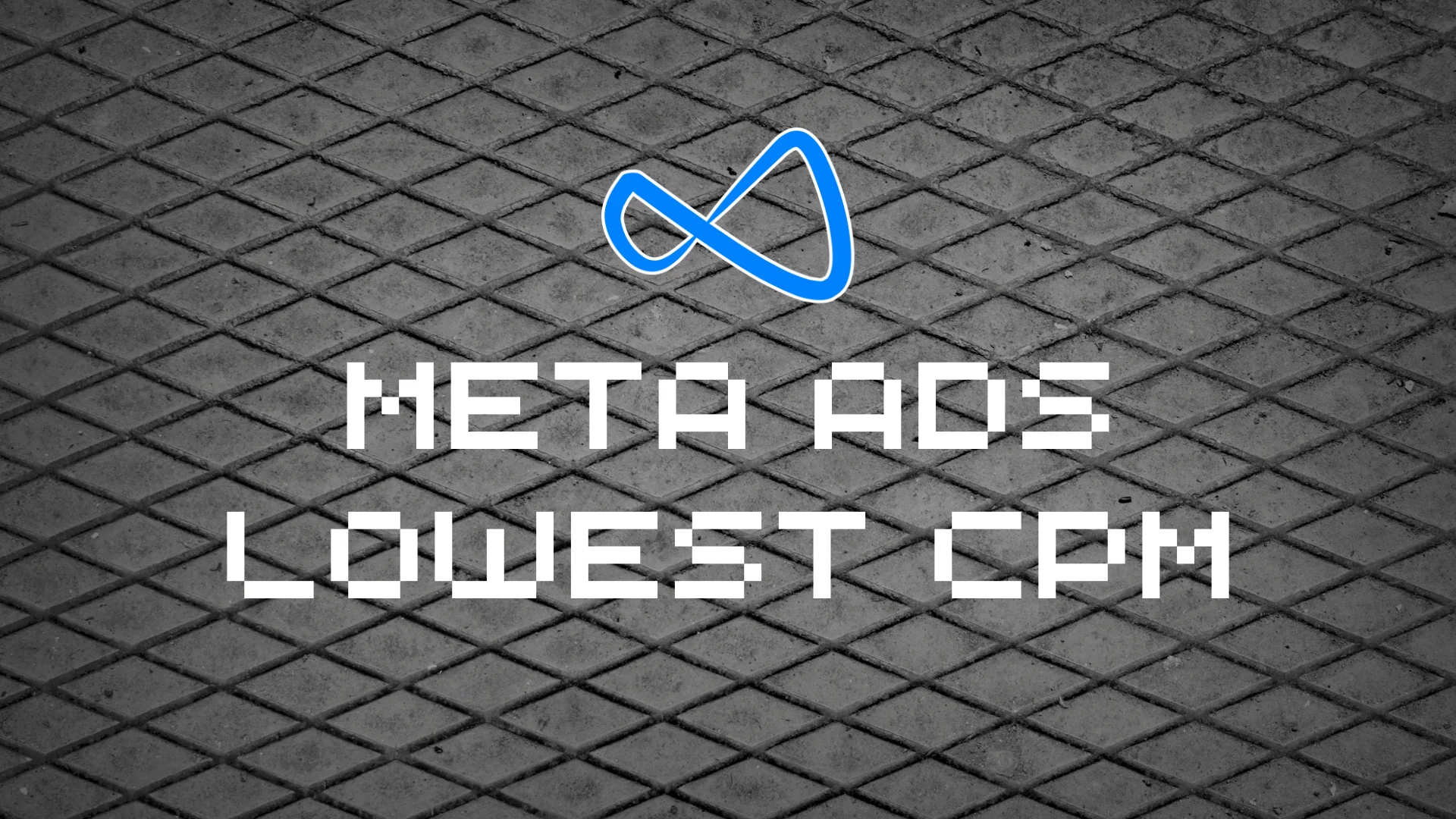Understanding the major differences between WooCommerce and WordPress is essential for making informed decisions when it comes to your online presence. We will explore the key distinctions between these two platforms and how they cater to different aspects of your website. Whether you are a beginner in the online business world or an experienced developer, having a good grasp of these differences will help you choose the right platform for your specific needs.
WooCommerce is a powerful platform that seamlessly integrates with WordPress to turn any website into a fully functional eCommerce store. Starting as a simple plugin in 2011, WooCommerce has grown to become one of the most popular eCommerce solutions globally, powering over 28% of all online stores. What sets WooCommerce apart is its open-source nature, offering endless customization opportunities. Users can personalize their online stores with various themes and plugins to suit their business needs and customer preferences. With robust tools for product management, payment processing, and shipping options, WooCommerce is a versatile choice for businesses of all sizes.
On the other hand, WordPress is a widely used content management system known for its simplicity and flexibility. Launched in 2003, WordPress now powers 45.8% of all websites on the internet. Its user-friendly interface and extensive customization options make it a popular choice for creating websites ranging from personal blogs to complex corporate sites. With thousands of themes and plugins available, users can tailor their websites to meet their specific requirements, regardless of their technical expertise.
When comparing WooCommerce and WordPress, it is important to consider factors such as ease of use, customization, SEO, design, scalability, and security. WordPress excels in ease of use and customization, while WooCommerce adds eCommerce-specific features to enhance the online shopping experience. Both platforms support SEO practices, with WooCommerce offering additional tools for optimizing product pages. In terms of design, WordPress provides a wide range of themes and plugins for creating visually appealing websites, while WooCommerce offers specialized themes for eCommerce stores. When it comes to scalability, both platforms can handle growth, with WooCommerce requiring additional considerations for larger online stores. In terms of security, both platforms prioritize online safety, but WordPress’s popularity makes it a common target for cyber threats.
In conclusion, understanding the differences between WooCommerce and WordPress will help you make an informed decision when choosing the right platform for your online business. Whether you are looking to set up a simple blog or a complex eCommerce store, both platforms offer a range of features and functionalities to meet your specific needs.
Source link























